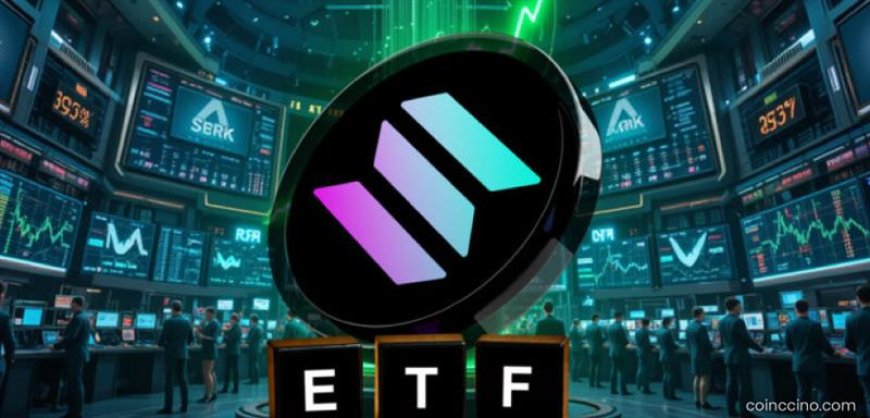SEC Approves 21Shares’ Solana Spot ETF; SOL Price Target Raised to $300
The U.S. Securities and Exchange Commission has approved a spot Solana (SOL) ETF by 21Shares. Following the approval, analysts are projecting an elevated price target for SOL—potentially reaching $300 if institutional flows follow through.

Market Context
Crypto markets have been watching the expansion of spot crypto ETFs beyond Bitcoin and Ethereum. Getting regulatory approval for a Solana-based ETF may shift institutional interest further into altcoins. That shift could materially affect capital flows, liquidity, and valuation expectations for SOL in both U.S. and global markets.
Technical Details with Attribution
- The new ETF approval by the SEC means that investors can now access SOL exposure via regulated tradable funds rather than through direct crypto holdings.
- Following the announcement, some analysts have raised their price targets, citing potential demand from ETF buyers pushing SOL up toward $300.
- The valuation increase assumes inflows similar in scale to recent Ethereum-or BTC-ETF launches, combined with tight supply on-chain and increasing adoption of Solana-based decentralized finance and applications.
Analyst Perspectives
Some analysts believe this approval may spark renewed institutional buying into Solana, potentially bolstering both price and liquidity—but they caution that adoption, fees, ETF product structure, and market competition will be critical factors. Others warn that a $300 price target is conditional and may not materialize if inflows are softer than expected or encounter regulatory or technical hurdles.
Global Impact Note
If the 21Shares Solana ETF attracts significant capital, it could shift how altcoins are viewed by mainstream money managers. That might open doors for similar altcoin-based ETFs globally. Solana’s upgraded institutional profile could ripple across DeFi ecosystems, especially in regions increasingly dependent on low-cost high-throughput blockchains.